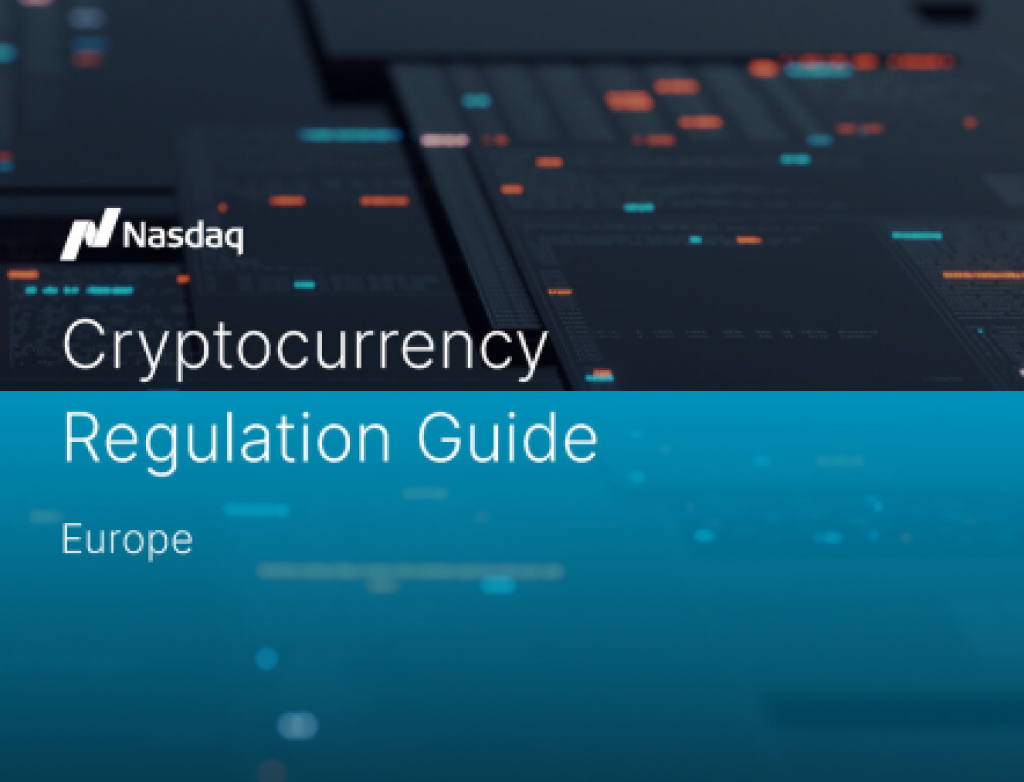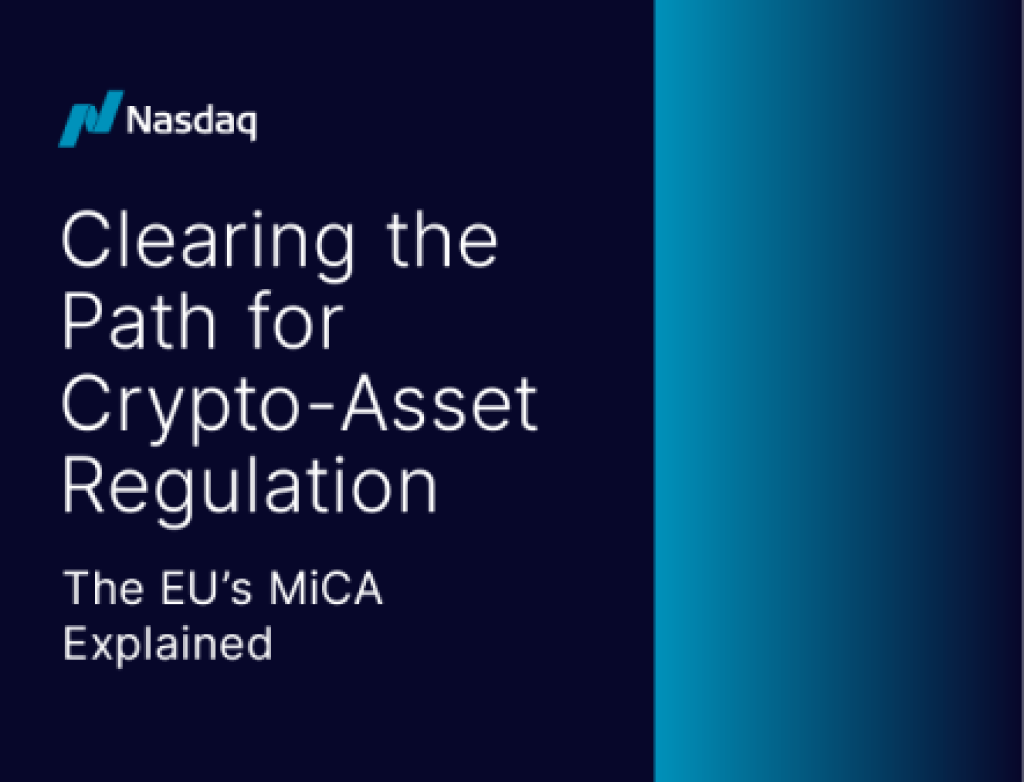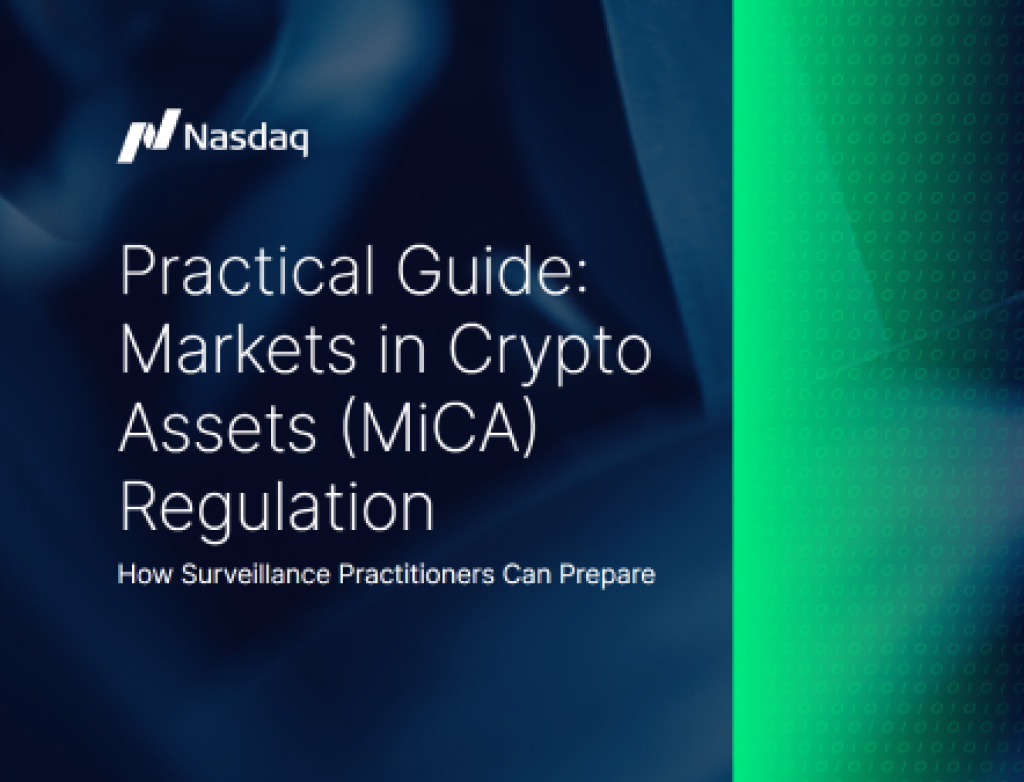Lithuania
Law No X-1023 and Law No X-104 of the Republic of Lithuania Law on Markets in Financial Instruments harmonize the regulation of markets with the relevant legal acts of the EU.
Overview: The purpose of this law is to establish the procedure for publishing a prospectus when securities are offered to the public and admitted to trading on a regulated market, the procedure for submission of takeover bids as well as the requirements for the disclosure and storage of periodic and current information. The law aligns Lithuania’s securities markets regulation with the relevant legislative acts of the EU, including MAR.
Article 2. Main Definitions of this Law
31. Regulated information – information which must be submitted under Articles 11–15, 17, 18, 19 and 22 of this Law by the securities’ issuer, offeror or person who has applied for the admission of securities to trading on a regulated market without the issuer’s consent and inside information as defined in Regulation (EU) No 596/2014.
Article 23. Publishing and Storage of the Regulated Information
1. The issuer or the person who has requested the admission of securities to trading on a regulated market without the issuer’s consent shall, within the terms established by this Law and in the procedure prescribed by the supervisory authority, publish the regulated information. Inside information shall be disclosed promptly in accordance with the procedure established by Regulation (EU) No 596/2014, this Law and by the supervisory authority.
Article 29. Establishment of the Price of a Mandatory Takeover Bid
2. The supervisory authority shall have a right to require such price be adjusted in the following cases: … 2) where the market abuse affects the price of the securities that are the subject of the mandatory takeover bid;
European Union Legal Acts Implemented by This Law
7. Regulation (EU) No 596/2014 of the European Parliament and of the Council of 16 April 2014 on market abuse (Market Abuse Regulation) and repealing Directive 2003/6/EC of the European Parliament and of the Council and Commission Directives 2003/124/EC, 2003/125/EC and 2004/72/EC as last amended by Regulation (EU) 2019/2115 of the European Parliament and of the Council of 27 November 2019.
Overview: The purpose of this law is to regulate public relations with a view to ensuring the fair, open and effective functioning of markets in financial instruments, the protection of investor interests and the prudential management of systemic risk. The law harmonizes the regulation of markets in financial instruments with legal acts of the EU, including MAR.
Article 20. Powers of the supervisory authority in specifying the procedure for licensing and the requirements for obtaining a license of financial brokerage firms and financial advisor firms
13. A financial brokerage firm that provides direct electronic access to a trading venue shall be responsible for ensuring that clients using that service comply with the requirements of this Law and the rules of the trading venue. The financial brokerage firm shall monitor the transactions in order to identify infringements of those rules, disorderly trading conditions or conduct that may involve market abuse within the meaning of Regulation (EU) No 596/2014 and that is to be reported to the supervisory authority. The financial brokerage firm shall ensure that there is a binding written agreement between the financial brokerage firm and the client using the service regarding the essential rights and obligations arising from the provision of the service and that under the agreement the financial brokerage firm retains responsibility under this Directive.
Article 25. SME growth markets
3. An MTF shall be subject to effective rules, systems and procedures which ensure that the following is complied with: … 7) there are effective systems and controls aiming to prevent and detect market abuse on that market as required under the Regulation (EU) No 596/2014.
Article 40. Monitoring of compliance with operating rules and other established obligations of an MTF
2. Financial brokerage firms and market operators operating an MTF or an OTF must inform the supervisory authority immediately of significant infringements of its rules or disorderly trading conditions or conduct that may indicate behavior that is prohibited under Regulation (EU) No 596/2014 or system disruptions in relation to a financial instrument. Financial brokerage firms and market operators operating an MTF or an OTF must supply to the supervisory authority without undue delay the information relating to potential infringements and provide full assistance in investigating and prosecuting the cases of potential market abuse occurring on or through its systems.
Article 41. Suspension and removal of financial instruments from trading on an MTF or an OTF
4. The supervisory authority having established the suspension or removal of the financial instrument from trading in the Republic of Lithuania shall require that regulated markets, other MTFs, other OTFs and systematic internalizers, which fall under its jurisdiction and trade the same financial instrument or derivatives referred to in paragraph 2 of this Article that relate or are referenced to that financial instrument, also suspend or remove that financial instrument or derivatives from trading, where the suspension or removal is due to suspected market abuse, a take-over bid or the non-disclosure of inside information about the issuer or financial instrument infringing Articles 7 and 17 of Regulation (EU) No 596/2014, except where such suspension or removal could cause significant damage to the investors’ interests or the orderly functioning of the market. The supervisory authority shall immediately make public and communicate to ESMA and supervisory authorities of the other Member States such a decision.
5. The supervisory authority having received from a supervisory authority of another Member State the information similar to that referred to in paragraph 4 of this Article shall require that regulated markets, other MTFs, other OTFs and systematic internalizers, which fall under its jurisdiction and trade the same financial instrument or derivatives referred to in paragraph 2 of this Article shall also suspend or remove that financial instrument or derivatives from trading, where the suspension or removal is due to suspected market abuse, a take-over bid or the non-disclosure of inside information about the issuer or financial instrument infringing Articles 7 and 17 of Regulation (EU) No 596/2014 except where such suspension or removal could cause significant damage to the investor interests or the orderly functioning of the market.
Article 56. Obligations of a market operator
2) promote fair trade in financial instruments and seek to prevent market manipulation and other unfair acts, establish settlement terms;
Article 63. Rules of a regulated market and ensuring compliance with those rules and with other obligations established by legal acts
3. A market operator must immediately inform the supervisory authority of significant infringements of their rules or disorderly trading conditions or conduct that may indicate behavior that is prohibited under Regulation (EU) No 596/2014 or system disruptions in relation to a financial instrument. Furthermore, a market operator must immediately communicate to the supervisory authority all available information relating to potential infringements of the rules of the regulated market and cooperate in investigating and prosecuting market abuse.
Article 65. Suspension and removal of financial instruments from trading on a regulated market
4. The supervisory authority, having identified the suspension or removal from trading of a financial instrument in the Republic of Lithuania, shall require that other regulated markets, MTFs, OTFs and systematic internalizers, which fall under its jurisdiction and trade the same financial instrument or derivatives referred to in paragraph 2 of this Article, also suspend or remove that financial instrument or derivatives from trading, where the suspension or removal is due to suspected market abuse, a take-over bid or the non-disclosure of inside information about the issuer or financial instrument infringing Articles 7 and 17 of Regulation (EU) No 596/2014, except where such suspension or removal could cause significant damage to the investors’ interests or the orderly functioning of the market.
6. The supervisory authority, having received from a supervisory authority of another Member State the information referred to in paragraph 5 of this Article shall require that regulated markets, other MTFs, other OTFs and systematic internalizers, which fall under its jurisdiction and trade the same financial instrument or derivatives referred to in paragraph 2 of this Article, also suspend or remove that financial instrument or derivatives from trading, where the suspension or removal is due to suspected market abuse, a take-over bid or the non-disclosure of inside information about the issuer or financial instrument infringing Articles 7 and 17 of Regulation (EU) No 596/2014, except where such suspension or removal could cause significant damage to the investors’ interests or the orderly functioning of the market.
Article 70. Systems resilience, circuit breakers and electronic trading
14. A regulated market shall ensure that its fee structures including execution fees, ancillary fees and any rebates are transparent, fair and non-discriminatory and that they do not create incentives to place, modify or cancel orders or to execute transactions in a way which contributes to disorderly trading conditions or market abuse. A regulated market shall impose market making obligations in individual shares or a suitable basket of shares in exchange for any rebates that are granted.
Article 72. Position limits on commodity derivatives
2. The limits referred to in paragraph 1 of this Article shall be set on the basis of all positions held by a person and those held on its behalf at an aggregate group level in order to: 1) prevent market abuse;
Legal Acts of The European Union Implemented by This Law
7. Regulation (EU) No 575/2013 of the European Parliament and of the Council of 26 June 2013 on market abuse (market abuse regulation) and repealing Directive 2003/6/EC of the European Parliament and of the Council and Commission Directives 2003/124/EC, 2003/125/EC and 2004/72/EC (OJ 2014 L 173, p. 1), as last amended by Regulation (EU) No 2016/1033 of the European Parliament and of the Council of 23 June 2016 (OJ 2016 L 175, p. 1).

Regulation of cryptocurrency varies globally by region, jurisdiction, and regulatory body. Nasdaq’s comprehensive and updated Cryptocurrency Regulation Guide Europe provides a snapshot of recent recommendations from international regulatory and standards-setting bodies as well as key developments in Europe.
Read Nasdaq’s comprehensive and updated guide to learn about all the major policies of Europe that govern the regulation of crypto assets.
Please check your inbox to read the Europe Cryptocurrency Regulation Guide.

The EU recently passed the Markets in Crypto-Assets (MiCA) regulation which will go into effect in 2024. The monumental vote will set global standards for the regulation of crypto-assets. Read our paper to learn more about the articles within MiCA pertaining to market abuse.
Read our paper, Clearing the Path for Crypto-Asset Regulation: The EU’s MiCA Explained, to learn more about the articles within MiCA pertaining to market abuse.
Please check your inbox to read Clearing the Path for Crypto-Asset Regulation: The EU’s MiCA Explained.

With MiCA scheduled to go into effect in 2024, crypto-asset market participants should expect more stringent surveillance requirements once the regulation is implemented. Now is the time to implement technology and processes to monitor for market abuse, money laundering, and fraud – not only to ensure compliance, but also to protect investors, instill confidence, promote integrity, and attract clients.
Access the practical guide and uncover how to prepare for the upcoming MiCA regulation.
Please check your inbox to read Practical Guide Markets in Crypto Assets (MiCA) Regulation.